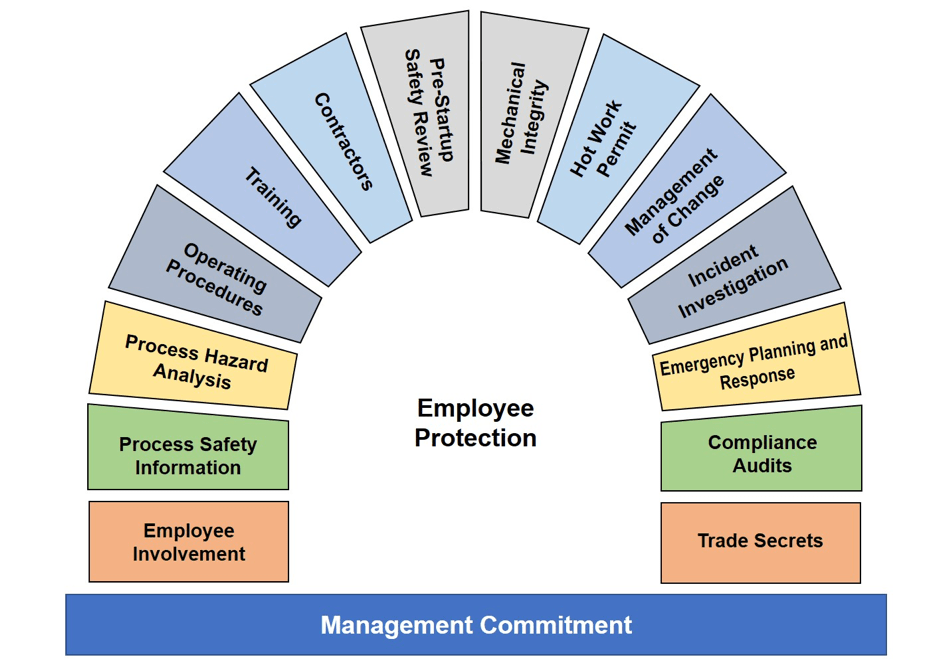Why MBA Assignments Matter: Key Skills You Develop

Introduction: The Importance of MBA Assignments
MBA programs are designed to prepare students for real-world business challenges, equipping them with the knowledge and skills needed for leadership roles. Assignments play a critical role in this learning process, as they help students apply theoretical concepts to practical scenarios.
Through MBA assignments, students develop analytical thinking, decision-making, problem-solving, and strategic planning—all essential for a successful business career. Beyond grades, these assignments enhance business acumen and professional competence, making them a valuable part of an MBA curriculum.
This article explores the key skills students develop through MBA assignments and how they contribute to professional growth.
How Do MBA Assignments Enhance Analytical and Critical Thinking?
One of the most valuable skills developed through MBA assignments is analytical and critical thinking. Business decisions require the ability to assess situations logically, evaluate risks, and determine the best course of action.
Key Benefits of Analytical Thinking in MBA Assignments
-
Encourages logical reasoning by analyzing real-world business problems.
-
Helps in breaking down complex data into meaningful insights.
-
Develops decision-making abilities by weighing different perspectives.
-
Improves the capacity to evaluate risks and potential outcomes.
Through assignments like case studies, financial analysis, and market research, students refine their ability to think critically and make well-informed decisions—a skill highly valued in managerial roles.
How Do MBA Assignments Improve Business Communication?
Effective business communication is a crucial skill for MBA graduates. Assignments help students develop the ability to convey ideas clearly, structure reports effectively, and present findings persuasively.
Ways MBA Assignments Enhance Communication Skills
-
Writing structured and well-researched reports that mimic business documents.
-
Learning to present arguments with clarity and professionalism.
-
Developing the ability to simplify complex business concepts for various audiences.
-
Improving skills in data visualization and presentation formats.
Clear communication is essential in corporate environments, and MBA assignments train students to present ideas with precision and confidence.
How Do MBA Assignments Strengthen Research and Data Interpretation?
Research is at the core of business decision-making. MBA assignments require students to gather, analyze, and interpret data, helping them develop strong research methodologies.
Key Research Skills Developed Through MBA Assignments
-
Learning to identify credible sources and extract relevant business information.
-
Developing expertise in quantitative and qualitative research methods.
-
Interpreting financial reports, market trends, and business statistics.
-
Understanding how to use data to support business strategies.
These research skills enable students to become strategic thinkers who can support their decisions with reliable data.
How Do MBA Assignments Develop Strategic Planning Abilities?
Strategic thinking is essential for business leadership. Assignments such as business planning, competitive analysis, and marketing strategy development allow students to practice formulating and implementing business strategies.
How Strategic Thinking is Enhanced Through MBA Assignments
-
Encourages long-term planning and forecasting.
-
Teaches students how to identify business opportunities and risks.
-
Develops the ability to align business strategies with market trends.
-
Strengthens skills in financial planning and resource allocation.
By working on strategic assignments, students learn to think ahead, anticipate challenges, and create innovative solutions.
How Do MBA Assignments Improve Decision-Making Skills?
MBA students are trained to become future business leaders, and one of the most critical aspects of leadership is decision-making. Assignments simulate real-world challenges, allowing students to refine their ability to make sound business decisions.
Key Decision-Making Skills Enhanced by MBA Assignments
-
Evaluating different business scenarios and selecting the best approach.
-
Understanding how to balance risks and rewards in decision-making.
-
Applying financial models and business frameworks to assess outcomes.
-
Making data-driven decisions using research findings.
This practical training prepares students to handle high-pressure situations in their professional careers.
How Do MBA Assignments Teach Time Management and Organization?
MBA programs are known for their demanding coursework, and completing assignments within strict deadlines helps students develop time management and organizational skills.
Time Management Benefits of MBA Assignments
-
Enhances ability to prioritize tasks effectively.
-
Encourages efficient work habits by managing deadlines.
-
Develops project management skills useful in business settings.
-
Teaches students how to allocate resources and balance workloads.
Learning to manage multiple assignments and projects simultaneously helps students prepare for fast-paced corporate environments.
How Do MBA Assignments Foster Leadership and Teamwork?
Leadership and teamwork are fundamental in business management. Many MBA assignments involve group projects, case studies, and collaborative research, encouraging students to develop leadership qualities and work effectively in teams.
Leadership and Teamwork Skills Developed in MBA Assignments
-
Enhances collaborative problem-solving abilities.
-
Teaches how to delegate tasks and manage group dynamics.
-
Strengthens the ability to negotiate and resolve conflicts.
-
Encourages active listening and constructive feedback.
Through teamwork-focused assignments, students become better at leading and working within diverse professional environments.
How Do MBA Assignments Enhance Problem-Solving Skills?
Problem-solving is a core skill for business professionals. MBA assignments require students to analyze challenges, explore alternatives, and implement solutions, which strengthens their problem-solving capabilities.
How MBA Assignments Train Students to Solve Problems
-
Encourages innovative thinking by presenting complex business issues.
-
Teaches structured approaches like root cause analysis.
-
Improves adaptability by requiring students to consider multiple solutions.
-
Develops logical reasoning to justify recommendations with evidence.
This hands-on approach ensures students are well-prepared to tackle business problems effectively.
How Can MBA Assignments Prepare Students for Real-World Business Challenges?
MBA assignments simulate real business situations, providing practical training for the corporate world. Students who master their assignments gain a competitive advantage when entering the workforce.
For those seeking structured guidance, exploring resources like Do My MBA Assignment Online can be beneficial in understanding complex assignments. Similarly, dissertation-based projects require in-depth research and expert insights, making services like Dissertation Help Online in UK useful for academic success.
By treating MBA assignments as learning opportunities rather than academic tasks, students build skills that are essential for professional success.
Conclusion: The Lasting Impact of MBA Assignments
MBA assignments are more than just academic exercises—they are practical learning tools that develop critical thinking, communication, leadership, and problem-solving skills. The ability to research, analyze, strategize, and execute solutions prepares students for real-world business challenges.
By embracing these assignments as opportunities to grow, MBA students gain valuable professional skills that contribute to long-term career success.






